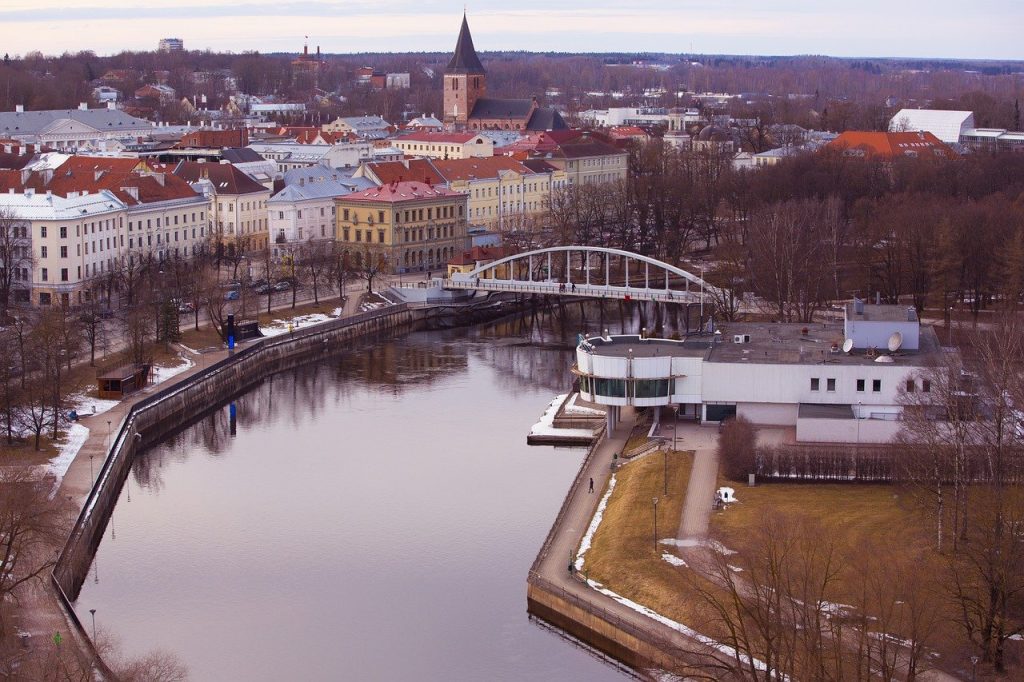In the heart of Estonia, nestled amidst rolling hills and the meandering Emajõgi River, lies the vibrant city of Tartu, a place where history intertwines with innovation, and where a youthful spirit permeates the air. This year, Tartu proudly steps into the spotlight as the European Capital of Culture 2024, a title that aptly reflects its rich cultural heritage and its unwavering commitment to fostering art, music, and intellectual discourse. During 2024 Tartu is sharing the position as Cultural Capital of Europe with Bodo in Norway and Bad Ischl in Austria.

Tartu’s story began over a millennium ago, its name first mentioned in chronicles dating back to 1030. Over the centuries, the city has borne witness to a tumultuous history, serving as a crossroads of cultures and ideologies. From its pagan roots to its incorporation into the Russian Empire, Tartu has continuously evolved, absorbing influences and leaving an indelible mark on the tapestry of Estonian identity.
The University of Tartu founded in 1632
The University of Tartu, founded in 1632, stands as a beacon of enlightenment, attracting brilliant minds from across the region and beyond. Its presence has indelibly shaped the city’s cultural landscape, fostering a thriving intellectual community and nurturing generations of thinkers, artists, and innovators.
In recent years, Tartu has embraced its entrepreneurial spirit, emerging as a hub for technology and innovation, even if it is still progressing in the shadow of the capital Tallinn. This should be seen in the light of the fact that Tallinn is one of the most exclusive startup- and tech hubs of Europe. In Tartu many startups and research institutions have found fertile ground in the city’s dynamic environment, fueled by a combination of government support, entrepreneurial zeal, and a supportive local community.
European Capital of Culture 2024
As Tartu prepares to assume the mantle of European Capital of Culture 2024, it promises to be a captivating stage for a vibrant cultural spectacle. Festivals, exhibitions, and performances will overflow, showcasing the city’s rich artistic heritage and its dedication to creativity and innovation.
The city’s architectural gems, from the neo-classical Town Hall and the imposing Toomemägi hill to the quaint wooden houses of the old town, will provide a stunning backdrop to the cultural festivities.
Tartu’s transformation into a cultural hub is not merely a temporary affair; it is a reflection of the city’s enduring identity as a place where creativity, learning, and a passion for life converge. In 2024, the world will witness Tartu’s cultural brilliance, a testament to the city’s vibrant spirit and its enduring contribution to Estonian culture.

